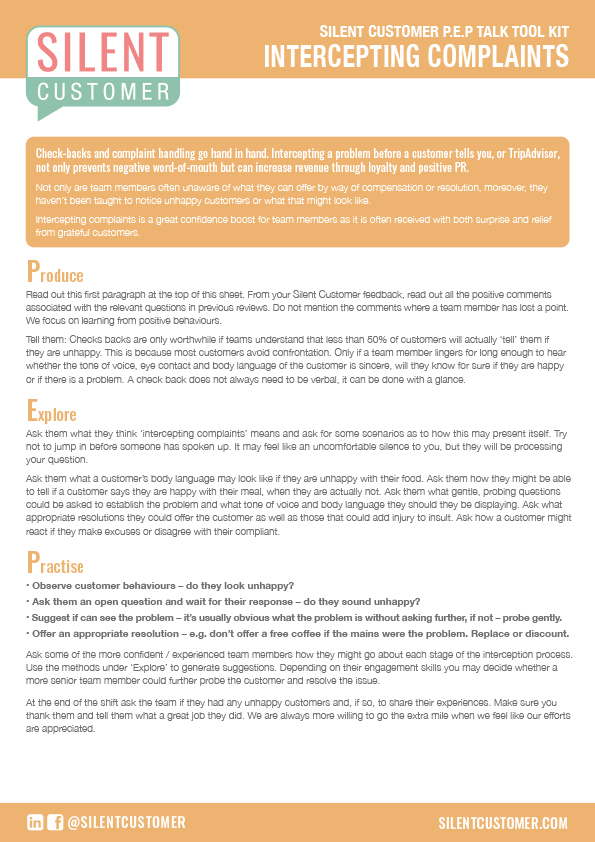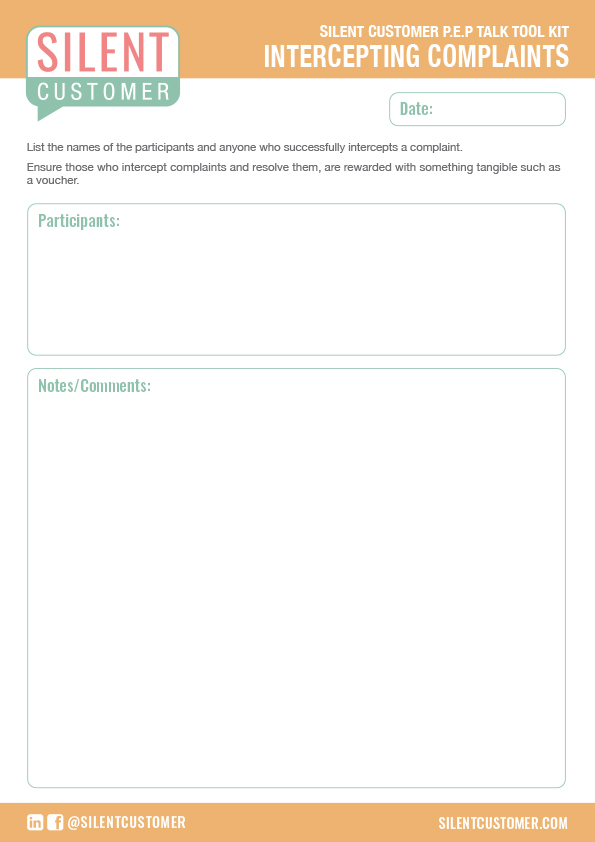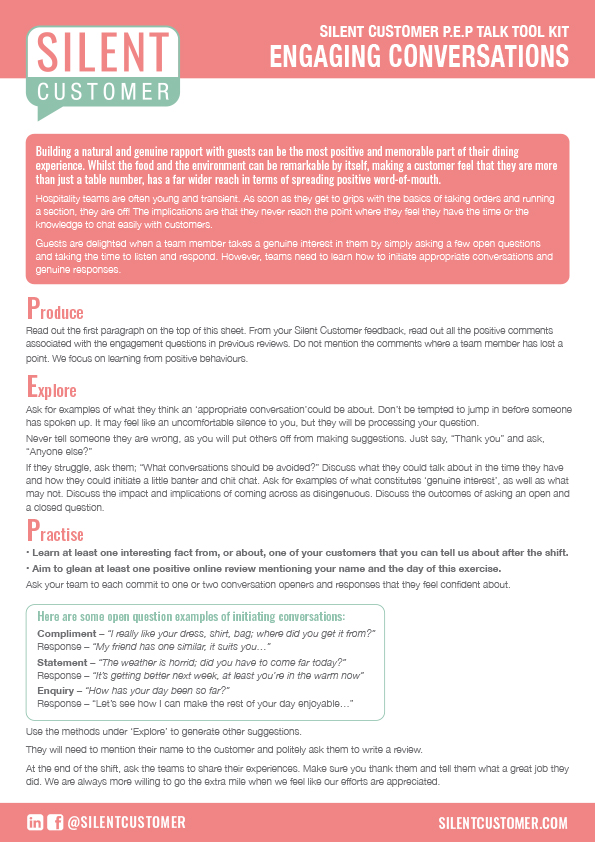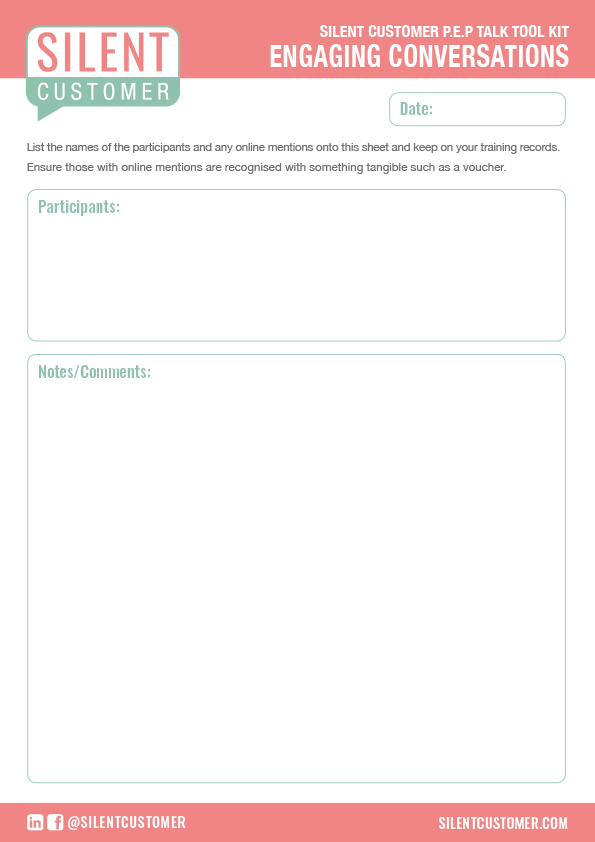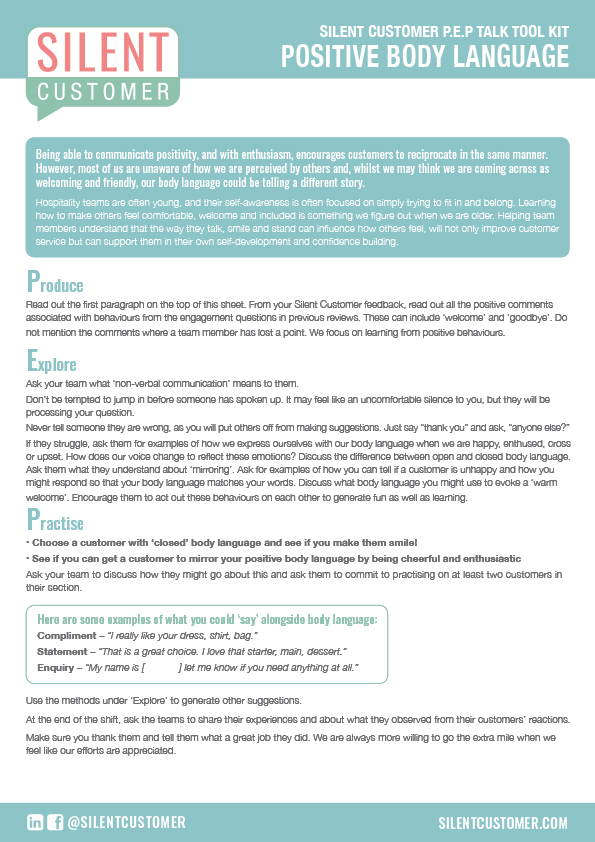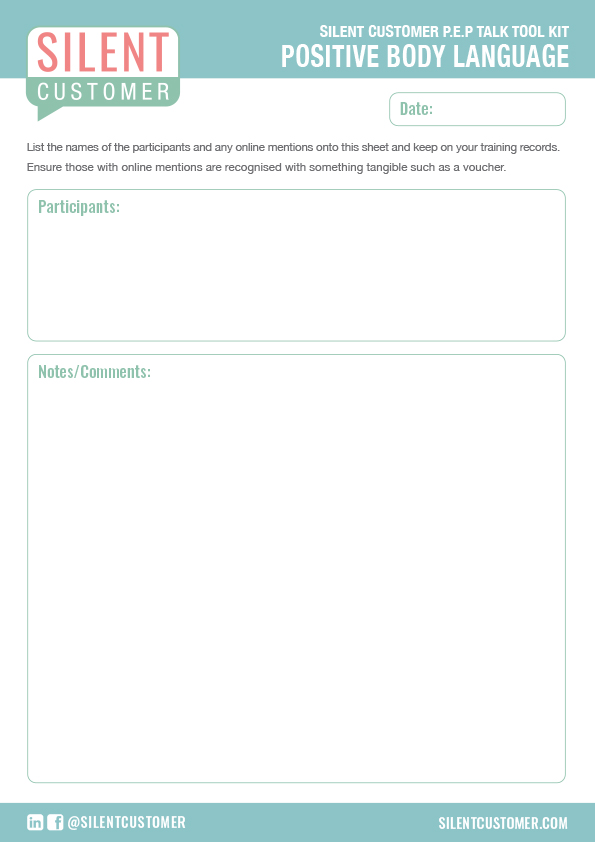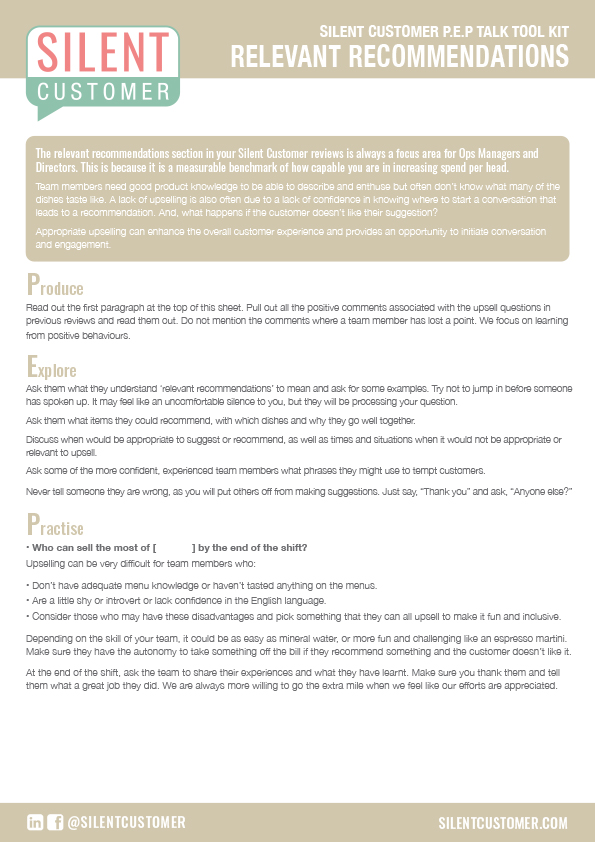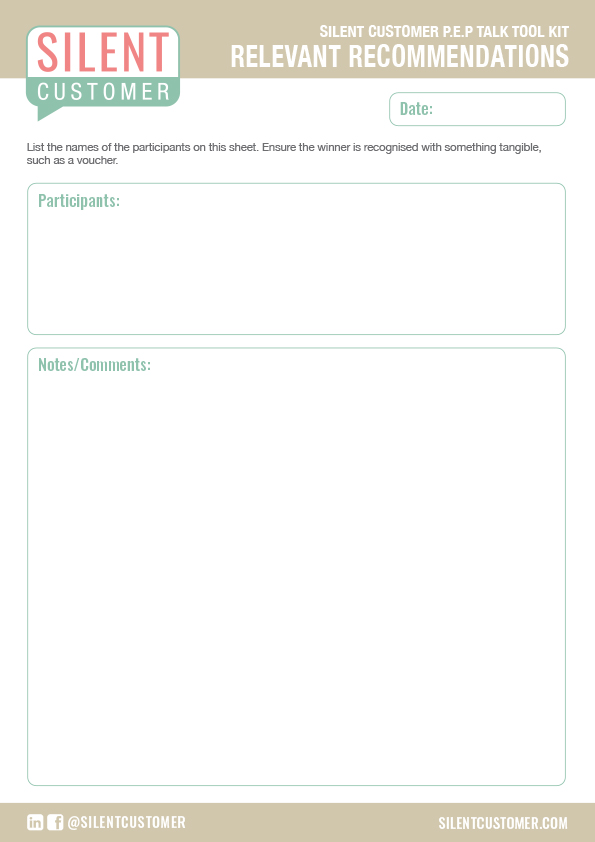FAQs
Ensuring the discretion and anonymity of our mystery shoppers is of utmost importance. We select and train our mystery shoppers to maintain a low profile and blend seamlessly into various retail or dining environments. Our team members are adept at conducting their evaluations discreetly, never revealing their identities or intentions to the staff or customers at the establishments they visit. Additionally, we adhere to strict confidentiality agreements and ethical guidelines, ensuring that our mystery shoppers uphold the highest standards of professionalism and discretion throughout their evaluations. This commitment to confidentiality allows us to provide unbiased and reliable feedback to our clients, contributing to the integrity and effectiveness of our mystery shopping services.
Rest assured that our mystery shopper and mystery diner service is designed to focus on evaluating the overall customer experience and service quality rather than catching employees out. Our approach is constructive and aims to provide valuable feedback to help businesses enhance their operations and customer service standards. Our mystery shoppers are trained to observe and evaluate various aspects of the customer experience discreetly and objectively, without causing discomfort or suspicion among employees. The goal of our service is to support businesses in identifying areas for improvement and implementing positive changes for continuous development.
Silent Customer specialises in providing qualitative feedback to our clients. Our carefully selected and trained mystery shoppers focus on delivering detailed and insightful observations based on their experiences at various establishments. Through qualitative assessments, we offer comprehensive insights into the customer experience, service quality, staff interactions, and other critical aspects of business operations. Our goal is to provide valuable and actionable feedback that highlights specific strengths and areas for improvement. We prioritise the qualitative approach as it allows for a more personalised and in-depth evaluation of your business, enabling you to make strategic and impactful improvements.
Engaging a mystery shopper or mystery diner service can bring several valuable benefits to your business. Mystery shopping and dining provides an unbiased and objective evaluation of your operations from a customer’s perspective, offering insights that may not be apparent through internal assessments. By utilising mystery shoppers or diners, you can identify areas for improvement in service quality, customer experience, staff performance, and overall operations. This feedback can help you make informed decisions to enhance the quality of service, drive customer satisfaction, and ultimately increase customer loyalty and retention.

